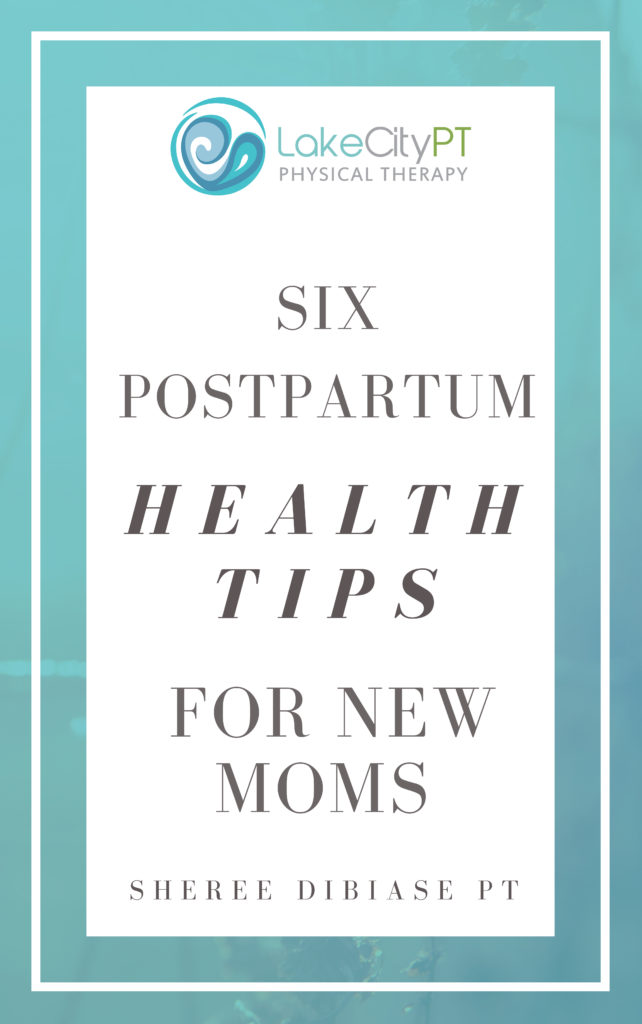Root Cause Medicine Approach to PCOS
Polycystic ovarian syndrome (PCOS) is a hormonal disorder that affects approximately 5 million women in the United States. This is anywhere from 6% to 12% of all women. PCOS is the most common hormonal disorder in women of reproductive age, and the cause of PCOS is not known. It is thought to be related to several factors, including insulin resistance, inflammation, and heredity.
There is no one “cause” of PCOS, but a combination of factors may contribute to the development of the condition. The best way to prevent and treat PCOS is early detection and a comprehensive approach that addresses the underlying causes.
The root cause approach to medicine focuses on identifying and treating the underlying causes of disease, rather than simply treating the symptoms. This approach is often used in naturopathic and functional medicine and is also gaining popularity in mainstream medicine.
The root cause approach to PCOS would focus on identifying and treating the condition’s underlying causes, rather than simply treating the symptoms. This approach would likely include a comprehensive approach that addresses insulin resistance, inflammation, and heredity. In addition, lifestyle changes such as a healthy diet and regular exercise would be recommended. Read on to find out more about how you can get to the root of PCOS.
What Causes PCOS?
There is no one “cause” of PCOS, but a combination of factors may contribute to the development of the condition. These factors include:
Insulin resistance: Insulin is a hormone that helps the body use sugar for energy. Insulin resistance is when the body can’t use insulin as well as it should. This can lead to high insulin levels in the body. High insulin levels can increase the production of androgens. Androgens are hormones that can cause the symptoms of PCOS.
Insulin can also affect the ovaries by:
- Stimulating the ovaries to produce more androgens
- Increasing the size of the follicles ( sacs that hold the eggs)
- Decreasing the amount of sex hormone-binding globulin (SHBG). SHBG is a protein that binds to androgens in the blood and makes them unavailable to be used by the body.
Genetics: PCOS can run in families. If you have a mother or sister with PCOS, you’re more likely to have it, too.
Excess weight: Being overweight or obese can contribute to insulin resistance. Losing weight can help lower insulin levels and may reduce the symptoms of PCOS.
High levels of androgens: Androgens are hormones that can cause the symptoms of PCOS. Androgens can come from the ovaries or the adrenal glands (glands near the kidneys).
The placenta: During pregnancy, the placenta produces large amounts of androgens. This can cause symptoms of PCOS during pregnancy that usually go away after the baby is born.
Do I Have PCOS?
Polycystic Ovarian Syndrome (PCOS) has a lot of overlapping symptoms with other conditions, so it can be difficult to diagnose. If you have any of the following symptoms, you may want to consult your doctor to see if you have PCOS:
- Periods that are irregular or have stopped altogether
- Heavy bleeding during periods
- Pelvic pain
- Weight gain
- Difficulty losing weight
- Excess hair growth on the face, chest, back, or stomach
- Thinning hair on the head
- Oily skin or acne
- Skin tags
- Darkened skin on the neck or armpits
- Pain during sex
- Infertility
If you have any of the above symptoms, it is important to consult your doctor to rule out other conditions and to get a proper diagnosis.
Can PCOS Be Avoided?
The root causes of PCOS are varying and are still relatively unknown. As such, PCOS cannot be entirely prevented. However, early diagnosis and treatment can help lessen the effects of PCOS on your health and fertility.
There are also lifestyle changes that can help lessen the symptoms of PCOS. Maintaining a healthy weight, getting regular exercise, and eating a balanced diet can all help to regulate hormone levels and reduce the symptoms of PCOS. Plus, reducing stress levels can also help to regulate hormone levels and improve your overall health. When it comes to fertility, treatments available can help you conceive even if you have PCOS.
Avoidance of PCOS is not 100% possible, but early diagnosis and treatment can help lessen the effects of the syndrome.
If you have a family history of PCOS, you should be:
- Eating a healthy diet
- Exercising regularly
- Reducing stress
- Maintaining a healthy weight
- Try to avoid any processed foods, sugary drinks, and foods high in unhealthy fats.
- Getting your hormones checked regularly
- Having frequent ultrasounds to check for any enlargement of the ovaries or the presence of cysts
- Trying to conceive as early as possible if you would like to have children
Getting to the core of the problem with PCOS begins with visiting your doctor. Early preventative measures may be able to help lessen the effects of PCOS on your health, fertility, and quality of life.
What Are PCOS Treatments?
The most common treatment for PCOS is birth control pills to regulate hormone levels. Other treatments include weight loss, fertility treatments, and diabetes and cholesterol medications.
There is no cure for PCOS, but treatments can help manage the symptoms. Cysts may go away on their own, but they often return. These can be controlled with medication, but it is important to manage PCOS to avoid long-term health complications.
For infertility, treatments may include fertility drugs, surgery to remove cysts, or in-vitro fertilization. If you are overweight, weight loss can help regulate hormone levels and improve fertility.
PCOS can also lead to diabetes and heart disease, so it is essential to manage these conditions with medication.
The Functional Medicine Approach to PCOS
The functional medicine model is a holistic, patient-centered approach to medicine, which recognizes the importance of identifying and addressing underlying causes of chronic illness, not just masking symptoms with medications.
Functional medicine practitioners use a comprehensive, individualized, and integrative approach, looking at all aspects of a person’s lifestyle, diet, environment, and genetics to identify the underlying causes of illness, and then develop a tailored health program to restore balance and heal the body.
The good news is that the functional medicine approach to PCOS has been shown to be highly effective in reducing symptoms and restoring fertility, and it can be used alongside standard medical treatments like hormone therapy or IVF, or as a standalone treatment.
The functional medicine approach to PCOS involves:
- Uncovering and addressing underlying causes of PCOS
- Identifying and treating hormonal imbalances
- Improving insulin sensitivity
- Reducing inflammation
- Supporting detoxification
Your practitioner should take a comprehensive and individualized approach to identify the underlying causes of your PCOS, and developing a tailored health program to restore balance and heal your body.
Conclusion
The root cause of PCOS is unknown. There may be genetic, hormonal, and environmental factors involved. And while there is no cure, plenty of treatment options are quite effective.
So, when it comes to PCOS, the best thing you can do is to educate yourself about the condition and then work with your doctor to develop a treatment plan that’s right for you. Preventative care is the best way to keep PCOS from becoming a problem in the first place, so make sure to see your doctor for regular checkups, even if you’re not currently experiencing any symptoms.

